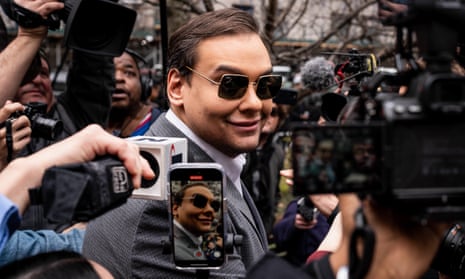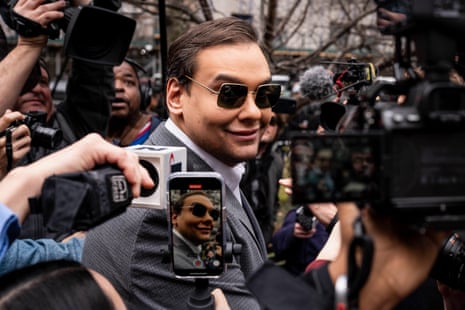 Alexei Navalny died just weeks before the March presidential elections. Photo: KONSTANTIN ZAVRAZHIN/GETTY IMAGES
Alexei Navalny died just weeks before the March presidential elections. Photo: KONSTANTIN ZAVRAZHIN/GETTY IMAGES
The power of Alexei Navalny lay in the fact that he understood the criminal, murderous nature of Vladimir Putin’s regime. And he also understood the Russian public — its problems, lives and concerns — in a way that many of the liberals who dominated the anti-Putin opposition seemed to struggle with.
This is what made him uniquely dangerous to Russia. Kremlin.
Navalny was one of the few brave, selfless activists jailed for challenging the Putin regime.
In particular, Vladimir Kara-Murza and Ilya Yashin, two other active political figures . critics of the regime who remain in prison for condemning the full-scale invasion of Ukraine and refusing the opportunity to flee into exile.
 Vladimir Kara-Murza, an opposition activist, is currently serving a 25-year sentence for treason after speaking out against the invasion. Photo: DMITRY SEREBRYAKOV /AP
Vladimir Kara-Murza, an opposition activist, is currently serving a 25-year sentence for treason after speaking out against the invasion. Photo: DMITRY SEREBRYAKOV /AP
They are still alive. But they must be clearly aware that they too may suffer the same fate as Navalny.
In the eyes of the Kremlin, Navalny had something that set him apart from many of his liberal colleagues. He knew how to combine political grievances and the material problems of ordinary Russians in a way that many other opposition leaders could not.
Navalny's investigations into the vexing peculiarities of Kremlin corruption with salacious details about palaces and yachts and empires of property accumulated by everyone since Putin and below, resonated and brought him more credibility than most other opposition leaders.
 Ilya Yashin is serving eight and a half years in prison for “discrediting” the president. The Russian army after condemnation of the war Photo: KIRILL KUDRYAVTSEV/AFP
Ilya Yashin is serving eight and a half years in prison for “discrediting” the president. The Russian army after condemnation of the war Photo: KIRILL KUDRYAVTSEV/AFP
He has attracted a fiercely loyal and devoted following, sometimes to the irritation of other members of the fractious galaxy of anti-Kremlin activists.
Navalny's style can make even natural sympathizers uncomfortable .
His speeches in the 2000s at the Russian March, an annual gathering of ultranationalists in Moscow, and early anti-immigration rhetoric aroused suspicion among liberals and were often used by the Kremlin and its allies to smear him as a dangerous populist.
 Navalny enjoyed the authority and instinctive understanding of the Russian people. Photo: KIRILL KUDRYAVTSEV/AFP
Navalny enjoyed the authority and instinctive understanding of the Russian people. Photo: KIRILL KUDRYAVTSEV/AFP
In 2011, he raised eyebrows when he told a massive anti-Putin demonstration that there were enough of them to take over the Kremlin if they wanted.
For many in the wary middle-class crowd accustomed to fearing bloodshed and the excesses of revolution, such rhetoric was alarming.
But these were the comments of an ambitious politician who sensed public sentiment and had a firm idea of who the votes were.
During the 2000s in Russia, immigration was a huge problem. Most Russian voters are indeed instinctively conservative.
Navalny thus enjoyed the authority and instinctive understanding of the Russian public. He was also undeniably—almost incredibly—brave.



























































Свежие комментарии